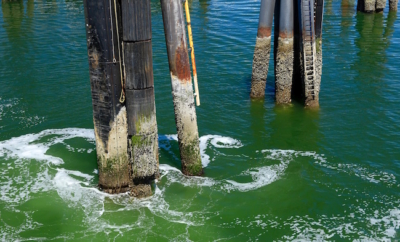
Emotions
Fear And Mindfulness
When we consider just how many people spend most of their lives in a state of fear the need for increased mindfulness becomes obvious. The sad part is that most of these fears don’t come to pass, and even when they do all that time spent being afraid only adds to the cumulative misery.
Of course fear has its proper place in the spectrum of human emotions. It’s the logical response to a real source of danger. When your fear becomes illogical is when its intensity is incommensurate with the source or when this source is in the distant past or the distant future.
Mindfulness doesn’t claim that fear is irrational, it only asks you to come fully to the present moment, to think, feel, and act in the here and now, which on its own can reduce your fear assuming that your present situation is free of any immediate danger. When you’re in the present you don’t have to forget about the past or the future, you just don’t get lost in these temporal states, you stay grounded. From the present most people find that they’re more equipped to make the correct choices, choices that eliminate the danger or reduce it as much as possible.
Since the emotion of fear is itself threatening it’s not surprising that people spend longer than they need to in the state because they don’t honestly confront what they’re going through. It hangs around at the periphery of awareness, a haunting specter. They try to escape the feeling any way they can. The mindful attitude asks you to embrace your fear in the present moment instead of running away from it, to invite your fear to tell you its important message. Paradoxically when you do this you increase the chances that this fear will dissipate.




